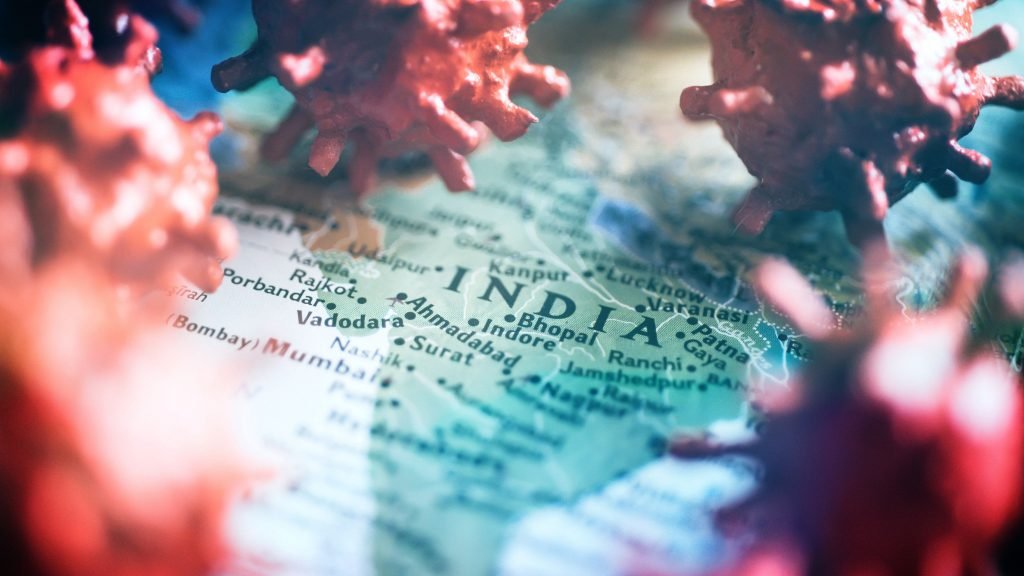Warning about the impending third wave of COVID-19 was bombarding the news channels a few days ago. However, Chief Scientist of the World Health Organisation, Dr. Soumya Swaminathan gave India a ray of hope stating that India might be entering some kind of stage of ‘endemicity’. She said that the level of transmission of the virus will be normal to moderate. She also added that the exponential growth and peaks that the country saw a few months ago are unlikely.
Swaminathan also explained that the situation in India will continue to witness ups and downs. This is because of the size and heterogeneity of the population and the immunity status of the country. Hence only the vulnerable population, where there are low levels of vaccine coverage can see peaks and troughs.
Her remarks come at a time when India has eased restrictions amid a fall in its Covid-19 caseload. The number of daily cases has fallen from a peak of 4,00,000 in April to about 25,000 this week.
But experts continue advising to take precautions as the possibility of a third wave still looms. And given the threat of new variants, a timeline for when India will actually reach the endemic stage continues to be an open question.
What is endemicity?
A disease reaches an endemic stage when a population learns to live with the conditions. It means its spread is limited to a particular area and its rate is predictable. Unlike an epidemic, it does not overwhelm a population, says Columbia University’s Mailman School of Public Health.
According to the Centers for Disease Control and Prevention (CDC), endemic refers to the constant presence and/or usual prevalence of a disease or infectious agent in a population within a geographic area.
What does the government say?
Like the healthcare officials, the government of India also recommends being cautious and continue taking precautions.
As per the released data, India has reported more than 32 million Covid cases since March last year. India stands second only to the United States. Official figures show that over 4,35,000 people have died, but experts believe that the real figure is likely to be much higher.
However, there is no doubt that India’s caseload has come down.
But government experts have repeatedly warned that a third wave is still very much a possibility if officials and people stop being cautious. A government panel recently said the next wave could peak as early as October.
Experts say that the government is repeatedly issuing warnings because it was heavily criticised for failing to predict the second wave.
In March, the government declared that the country had won its fight against the virus – just weeks before the second wave caused mayhem across the country.

Can the virus be eradicated?
It’s hard to predict the future of Covid-19 accurately, but scientists say there is little reason to believe that the virus will go away any time soon.
However, scientists say the spread of infection may eventually stabilise to a level where it will be present among people, but at a relatively low and predictable rate. The number of people needing hospitals will decline and severe cases will become rare.
“The disease transmission continues and people still get infected, but not at a level that causes public health concern,” said virologist Jacob John. He added that the endemic stage would mean that the virus would become like common flu or malaria.
Vaccines are available for children too! Click here to read more.
